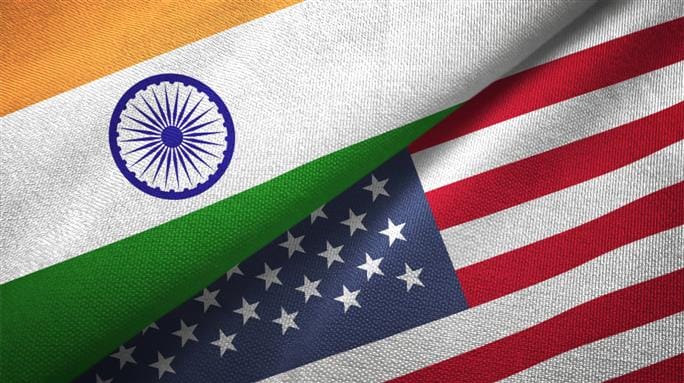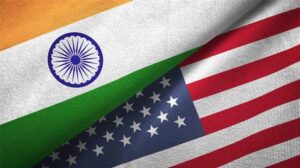Looking ahead into 2024, there is a need to bridge the gap between perception and reality when it comes to India’s relations with the West, particularly the United States. In terms of optics, the brouhaha in media and social media is creating the perception that things between the US and India are headed downhill, with the Khalistan issue managing to derail the partnership, just as India’s “time-tested” foes, Pakistan and China want.
In the West, the sheer hatred for India in the space dominated by human rights activists and the media is creeping into some western think-tanks—if not as hatred but as scepticism. The refrain is that India is not a reliable partner for western democracies; its Russia connection makes it untrustworthy; it will never stand up against China etc.
Voices are rising from the Indian side too against the West, saying that the US cannot be trusted, so it is time to refocus our strategic goals by making India-Russia relations great again. Historically speaking, India has a lot to be unhappy about the West, not just because of its bitter experience of British colonialism, but also because of the West—read the United States—treating India like a pariah while mollycoddling Pakistan, to the extent of turning a blind eye to the atrocities it committed in East Pakistan, and even trying to help it win the war against India and stop the creation of Bangladesh.
In western eyes, India’s non-alignment was about firm alignment with Soviet Russia. This resulted in the West refusing to share technology with India. Amid this, the Soviets were seen to be having India’s back. As External Affairs Minister S. Jaishankar said recently, Russia has been a trusted partner for decades and India-Russia relationship is the only constant in world politics. It’s a different matter though that Indians have always been more fascinated with the US than they ever have been or will be with Russia—this is borne out by the number of Indians or Indian origin people in the US.
It is problematic when both Indians and westerners start seeing things in binaries. There is no either-or in this, no either the US or Russia, especially when a sanctions-battered and bruised Russia, hanging on to China’s coattails is not in a position to fulfil India’s need for partnerships that will propel the latter’s own growth story. There is no alternative to the US in India’s growth story. Even a middle power like France can fulfil India’s defence needs only up to a point. Similarly, for the US, its relationship with India is the most consequential of this century, because of the breadth and scope of it, be it in trade, in science and technology, climate cooperation or defence. India-US relations are not just about containing China, but much more than that.
So just as it does not help Americans to hector India falsely for its human rights record and planting articles in reputed media outlets justifying Khalistani extremism, it does not help Indians to paint the US as the ogre deliberately undermining Indian interests by backing secessionists like the Khalistanis.
Amid this cacophony, the reality is that India and the US are going ahead full steam with their military exercises, technology sharing, their trade deals, etc. Till date the Initiative on Critical and Emerging Technology (iCET) signed between the two countries in January 2023 has not been derailed, in spite of the charge that an alleged Indian government official tried to get Khalistani terrorist Gurpatwant Singh Panun assassinated.
The Quad too is on course, even though the next meeting of the leaders is getting postponed because of scheduling problems. It is just that 2024 being election year in both India and the US, it is but natural for domestic political considerations to take precedence over international affairs. Indians also need to understand the difference between policy and politics. When the State Department-affiliated United States Commission on International Religious Freedom (USCIRF) demands the sanctioning of India for “persecuting Sikhs”, it is playing politics, inspired by anti-India elements; but the substantive work happening between the two governments is about implementing policy decisions that have been taken.
For two countries that have started coming together relatively recently, it is but natural that there will be a certain lack of trust. What is important is if the two sides are listening to each other and are willing to clear up the misconceptions that they have about each other. Amid this, narrative building against each other on mainstream and social media, or in think tanks, is actually a projection of the narrative builders’ biases, or even ignorance.
It is time to separate the wheat from the chaff; the substance from the optics. Knee-jerk reaction to every statement, every whisper, should be avoided. Let the work continue at the level of the two governments, without everyone else tying themselves up in knots over what they imagine is happening.
Joyeeta Basu













